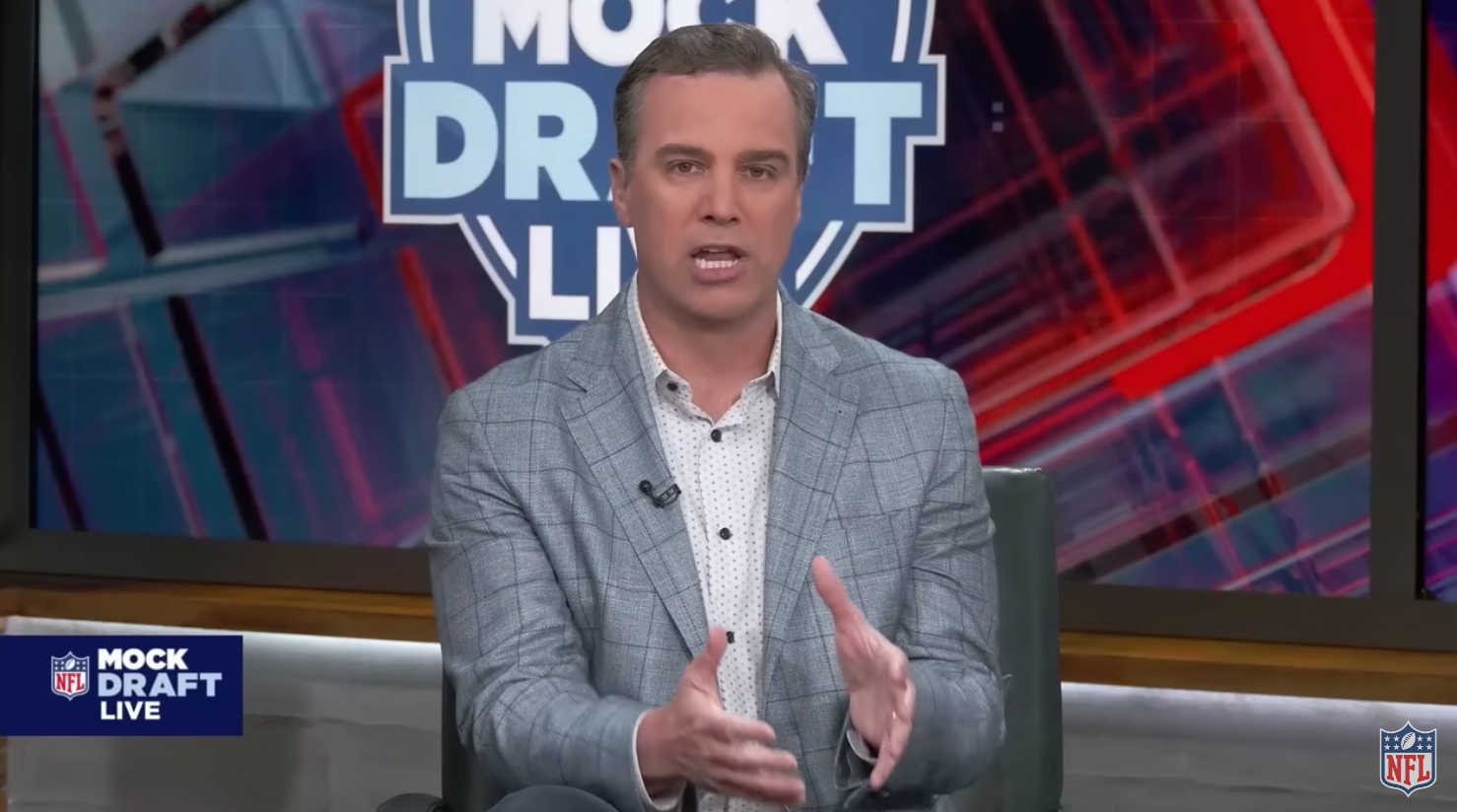There are big changes coming to MLS TV broadcasts this year, with all broadcasts (even those that will be simulcast on linear TV) now originating from Apple‘s 10-year, $2.5 billion global deal with the league for the MLS Season Pass service. That means everything will be national broadcasts rather than regional, and while there will be different language feeds, there will now be only one TV broadcast in a given language. That’s had many bemoaning the loss of local coverage. But Christopher Harris of World Soccer Talk reported Tuesday that there’s a plan to have many announcers work regionally, giving them more familiarity with the teams they’re covering, giving fans of those teams more familiarity with them, and also (not incidentally!) saving on travel time and costs.
One of the biggest concerns among MLS fans has been the loss of local announcers on regional sports networks. MLS has a unique solution to overcoming that, as we reveal in this exclusive news.https://t.co/2fxByHzrMx
— World Soccer Talk (@worldsoccertalk) January 24, 2023
Here’s more from that piece:
According to several sources who spoke with World Soccer Talk, Major League Soccer and Apple have decided to do something quite different. Many of the announcers picked for MLS Season Pass will be covering the league on a regional basis.
So, as a hypothetical example, previously the play-by-play announcer for Portland Timbers was Jake Zivin. Under his new role, Zivin — along with other commentators — will primarily call games on a regional basis. So Zivin, and his colleagues, will travel from stadium to stadium in the Pacific Northwest (as well as other areas not too far away by plane such as California).
The regional focus for MLS announcers allows them to become experts on the given teams in their area. Plus, for viewers, it can ensure that most of the commentaries are done by neutral commentators, so local bias is removed.
The advantage for Major League Soccer is that it cuts down on travel costs instead of having announcers fly across the country to call games on site twice a week.
As Harris also notes, the local radio feeds will still remain. And MLS Season Pass will have an option to sync the local radio with the TV broadcast, so those looking for more local broadcasts will have the ability to try that out.
This is one of many details that’s come out around Apple’s MLS coverage ahead of the Feb. 25 start of the season. The MLS Season Pass pricing for those looking to watch all matches has been announced ($14.99 a month or $99 for the year), as has some of the broadcast talent. But it’s certainly interesting to hear more on how Apple and MLS plan to deploy that broadcast talent.







